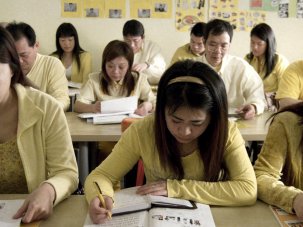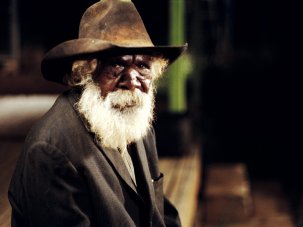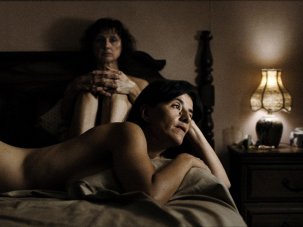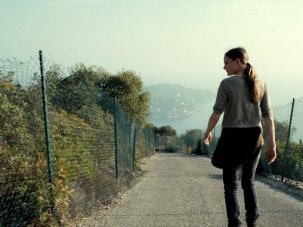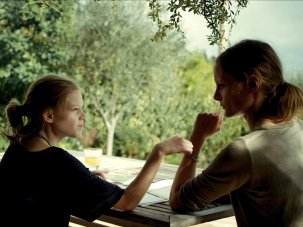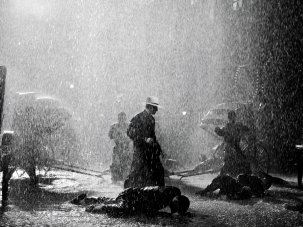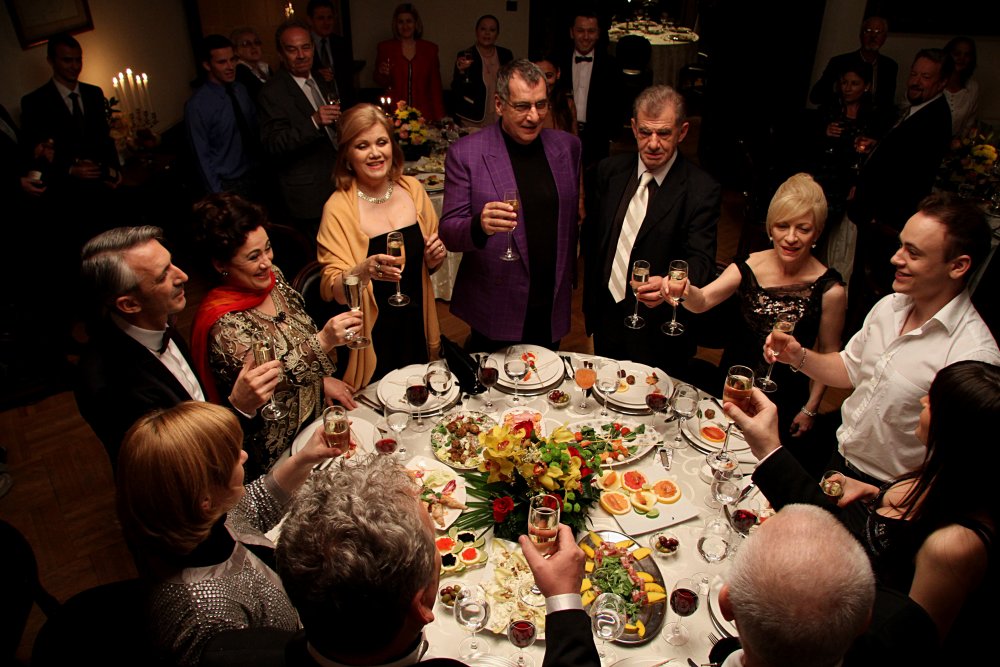
Child's Pose
Though it boasted no outstanding masterpieces, the 63rd Berlinale provided its fair share of fine films, and if this year’s festival was particularly notable for anything, it was for an unusually large and mostly strong selection of films focused on women.
Just in the main competition we saw an overweight teen with a crush on an older man (Ulrich Seidl’s tender but often implausible Paradise: Hope); a German maid caught up in the Klondike Gold Rush (Thomas Arslan’s clunky Gold); a reluctant young nun plagued by sadistic and lesbian mothers superior (Guillaume Nicloux’s stolid version of Diderot’s La Réligieuse); an ageing, ex-con lesbian couple trying to put the past behind them (Denis Côté’s quirky Vic + Flo Saw a Bear); a single mother struggling to survive in a still troubled South Africa (Pia Marais’ unexciting Layla Fourie); and a Korean student entangled in an on-off affair with her professor (Hong Sangsoo’s delightful Nobody’s Daughter Haewon).
Best of the competition titles (and I do mean best of all the competition) were three very different films centred on extremely subtle and honest lead performances. The awkwardly titled Child’s Pose, by Romania’s Calin Peter Netzer, deservingly carried off the Golden Bear, not least for Luminita Gheorghiu’s excellent portrayal of the well-off, well-connected, fifty- or sixtysomething divorcee determined to prevent her lethargic son going to jail after his reckless driving kills a child. The film begins brilliantly as an acerbic account of the none-too-discreet corruption and moral turpitude of Romania’s bourgeoisie, before it develops into a pleasingly ambiguous study of desperate maternal love. By the end, we’re unsure whether Cornelia’s emotional outbursts are sincere, an act or the protestations of someone who’s come to believe her own lies.
Also fielding a nuanced portrait of a strong but sometimes emotionally vulnerable woman of a certain age, Sebastián Lelio’s Gloria won Paulina García the Best Actress prize. The titular protagonist is again a well-educated, middle-class divorcee in her late 50s, this time happily and casually sampling the Santiago singles’ scene until she meets a gentle, evidently smitten older man with whom she might just settle down. The movie is witty and wise about the baggage we accumulate as we age, and about how we find different ways of dealing with it. Garcia’s deft performance captures both Gloria’s fun-loving independence and her mostly well-concealed anxieties.
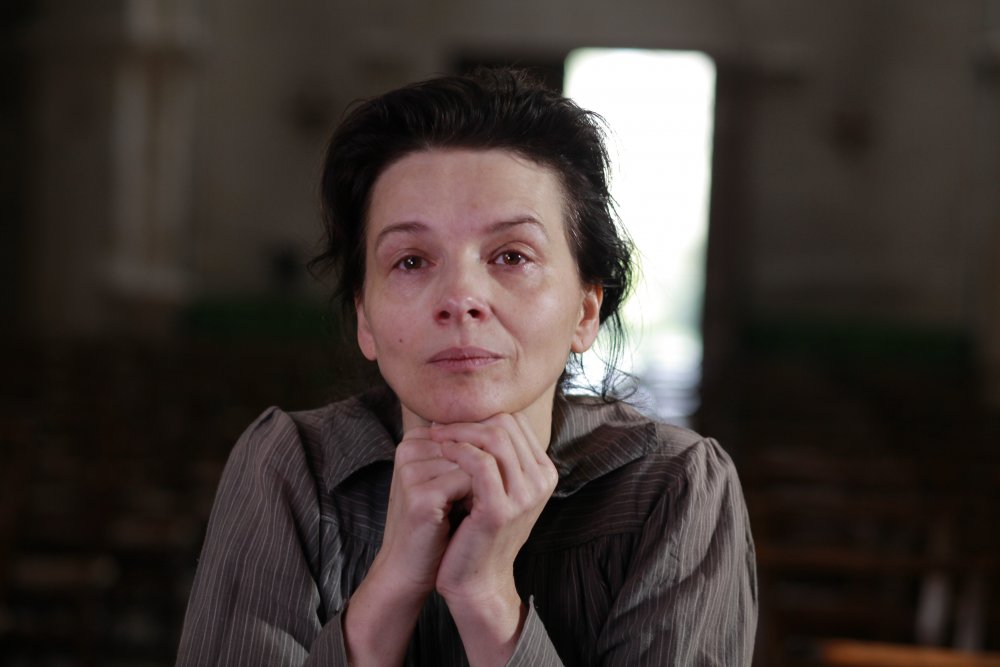
Camille Claudel 1915
Sadly, Bruno Dumont’s Camille Claudel 1915 gleaned no awards, even though – for this writer at least – it’s one of his finest achievements. It’s a stark, sensitive account of several months in the sculptor’s life in an asylum near Avignon as she awaits a visit from her poet brother Paul (Jean-Luc Vincent) and what she hopes will be her return to the outside world. Perhaps Berlin’s jury felt uneasy about Dumont’s customary casting of non-professionals (here, mentally disabled people and their carers) as the asylum’s inmates and nuns, though there seems to be no exploitation involved and it might have been grotesque to do otherwise. Whatever, Claudel herself is played by Juliette Binoche, who is quite simply magnificent, both in the many wordless scenes and in a couple of lengthy, very affecting monologues.
The competition titles not centred on female protagonists were generally less rewarding, though Richard Linklater’s Before Midnight – often a little flat in its first hour – comes together for a gloriously plausible argument in the poignant last act, Steven Soderbergh’s Side Effects is a consistently intelligent, ingenious and surprising blend of suspense drama and social commentary, and David Gordon Green’s Prince Avalanche – which astonished many when it carried off the Best Director prize – has many entertaining (if, I suspect, fairly forgettable) moments.
Jafar Panahi and Kamboziya Partovi’s Closed Curtain won the Best Screenplay award – unexpectedly, perhaps, since this brave, often fascinating meditation on imprisonment and escape, despair and determination, invention and reality steadily turns into a Pirandellian maze of bewildering narrative complexity.
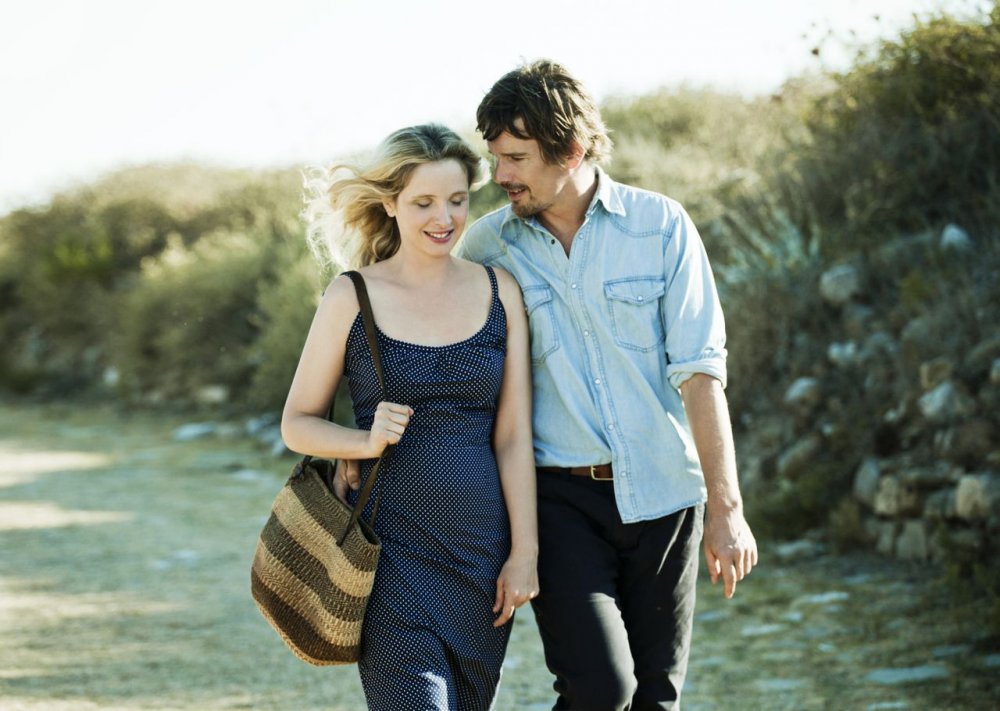
Before Midnight
The less said about Fredrik Bond’s The Necessary Death of Charlie Countryman the better, save that it at least made one thankful for the brevity, coherence and seriousness of purpose of Boris Khlebnikov’s dark if strangely uninvolving tale of doomed communal resistance, A Long and Happy Life.
Rather more satisfying on the realist front was Danis Tanovic’s An Episode in the Life of an Iron Picker – let’s hope it gets a new English title! – in which the Bosnian director has an impoverished Roma family re-enact their terrible, real-life experiences of the health service. It’s an affecting tale and was rewarded with the Grand Jury and the Best Actor prizes, though some felt the former might have gone to Emir Baigazin’s Harmony Lessons, an altogether compelling account of school bullying, gang culture, vengeance and police torture in Kazakhstan. Again, one wonders whether the jury may have been upset by its scenes of violence against animals; its prize was for Aziz Zhambakiyev’s cinematography.
Out of competition, meanwhile, there were two more very distinctive films focused on women. Asli Özge’s follow-up to Men on the Bridge is the even more assured Lifelong, a psychologically astute study of a middle-aged Istanbul conceptual artist who suspects her husband of infidelity, while Nicolas Wackerbarth’s Everyday Objects is a likewise engrossing tale of a German woman who arrives at her new lover’s holiday villa outside Nice, only to find he hasn’t arrived and she must cope with his two surly children. Both movies are visually stylish and eloquent,with a strong sense of mood and place; they might even be called Antonioni-esque.
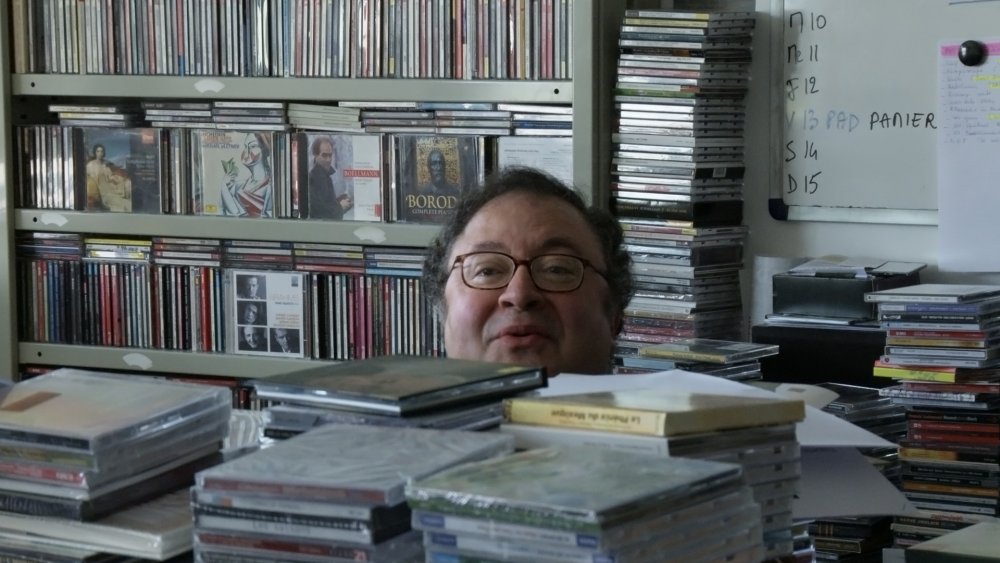
La Maison de la radio
But my own favourite film was probably La Maison de la radio, the latest documentary by Nicolas Philibert. Structured as a day-in-the-life behind-the-scenes look at the workings of Radio France, it’s funny, touching and revealing as it makes exploratory forays into news, sports and weather reports, drama, chat shows, quizzes, concerts and so forth. Like much of the director’s work, it’s a film about how language reflects, affects and shapes our thoughts, imaginations and lives – wherein lie both its philosophical worth and its enchanting appeal. The running time is a pleasingly pacy 103 minutes, but I enjoyed it so much I could happily have remained in its company for another couple of hours.




